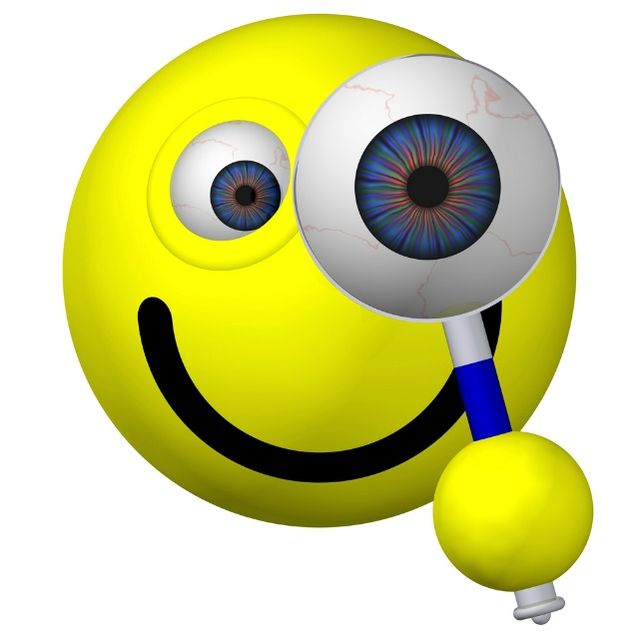
Although Webster’s dictionary defines happiness as “a state of well-being and contentment,” the true meaning of happiness cannot be described in such simple words. People spend their whole lives trying to find happiness. As American citizens, we are all granted the pursuit of happiness as a fundamental right. So what actually is happiness and how do we achieve it? Let’s start by examining what happiness is not.
Our society leads us to believe that marriage, kids, a high-paying job and a white picket fence are what we need to be happy. But happiness does not depend on another person or a certain relationship. Even though healthy relationships can enhance a person’s happiness, a relationship will never define an individual’s happiness. The same can be said about money; money can help increase someone’s happiness but having money will not necessarily make an individual happy.
Three dimensions of happiness
Psychologists have extensively studied happiness with its many complicated emotional and thought facets. A relatively new field, positive psychology emerged as “the scientific study of the strengths that enable individuals and communities to thrive,” according to the University of Pennsylvania Positive Psychology Center. Instead of focusing on people’s psychological problems, positive psychology focuses on how to enhance healthy individuals’ lives.
One of the pioneers in the evidenced-based field of positive psychology, Martin Seligman has found through extensive research that people achieve happiness by nurturing their own strengths and using these strengths to enhance the greater good of others. He breaks down the journey to happiness into three dimensions: the pleasant life, the good life and the meaningful life.
The pleasant life is described as finding happiness through basic human needs such as companionship, food, shelter, activity and the natural environment in which we live. Eating a good meal and going on a long run can bring feelings of short-term happiness through the release of endorphins. On the contrary, not having adequate food and shelter can cause extreme unhappiness. This basic level of happiness is contingent upon fulfilling these basic human needs.
The good life is characterized by individuals discovering their unique virtues and strengths, and using them to create value in their lives. Naturally empathetic and compassionate individuals may find value in raising children or working in a field where they make a direct impact on others. People who are naturally good with their hands could make a huge impact on improving the world’s infrastructure.
The last dimension of happiness is the meaningful life, which is centered on the view that happiness comes when people use their strengths to achieve something greater than themselves. When individuals use their talents to benefit others, they can attain another level of happiness. This can be illustrated through acts of giving back to the community or giving a gift, advice or companionship to a friend. Giving and altruism are rewarding pursuits. All people have their own strengths and talents, and it is important to find a purpose for them that contributes to society.
The Pursuit of Happyness
“The Pursuit of Happyness” is a movie based upon the true story of Chris Gardner, who authored a book by the same title. Gardner’s story, as a grown man who struggles through life to support his young son, exemplifies the definition of happiness. Played by Will Smith, the main character experiences homelessness, racial discrimination, abuse, companionship, love and hard work on his journey to discover true happiness in life. Digging deep within himself and appreciating his strengths became a very important aspect to his happiness. Nobody else can achieve that for an individual.
“Others may question your credentials, your papers, your degrees. Others may look for all kinds of ways to diminish your worth. But what is inside you no one can take from you or tarnish. This is your worth, who you really are, your degree that can go with you wherever you go, that you bring with you the moment you come into a room, that can’t be manipulated or shaken. Without that sense of self, no amount of paper, no pedigree, and no credentials can make you legit. No matter what, you have to feel legit inside first.”
― Chris Gardner, “The Pursuit of Happyness”
Contributed by Kristen Fuller, M.D.




